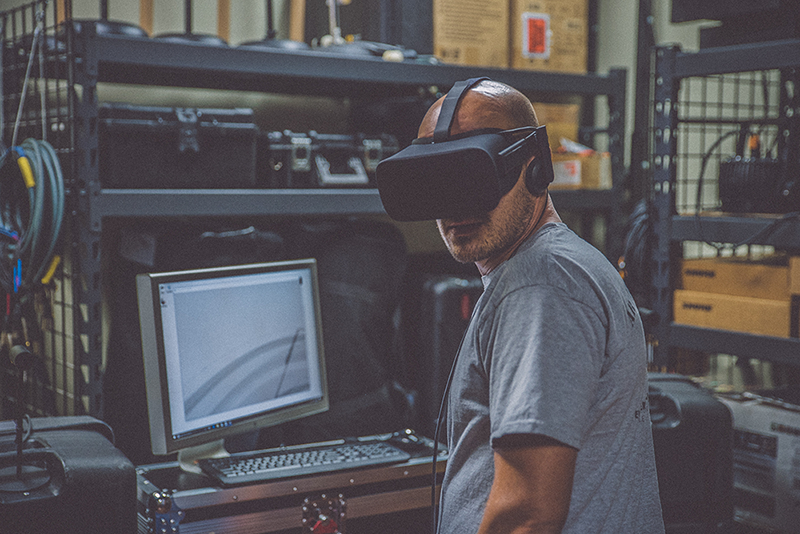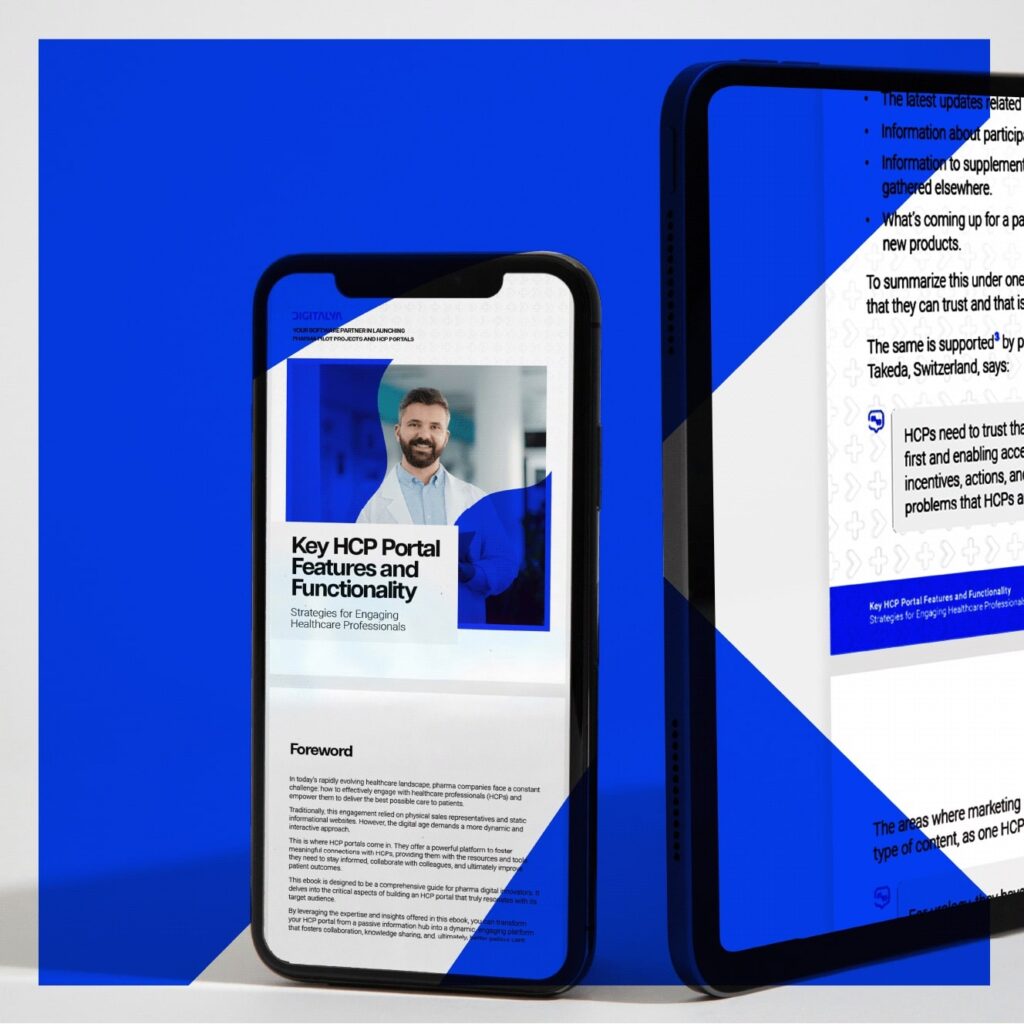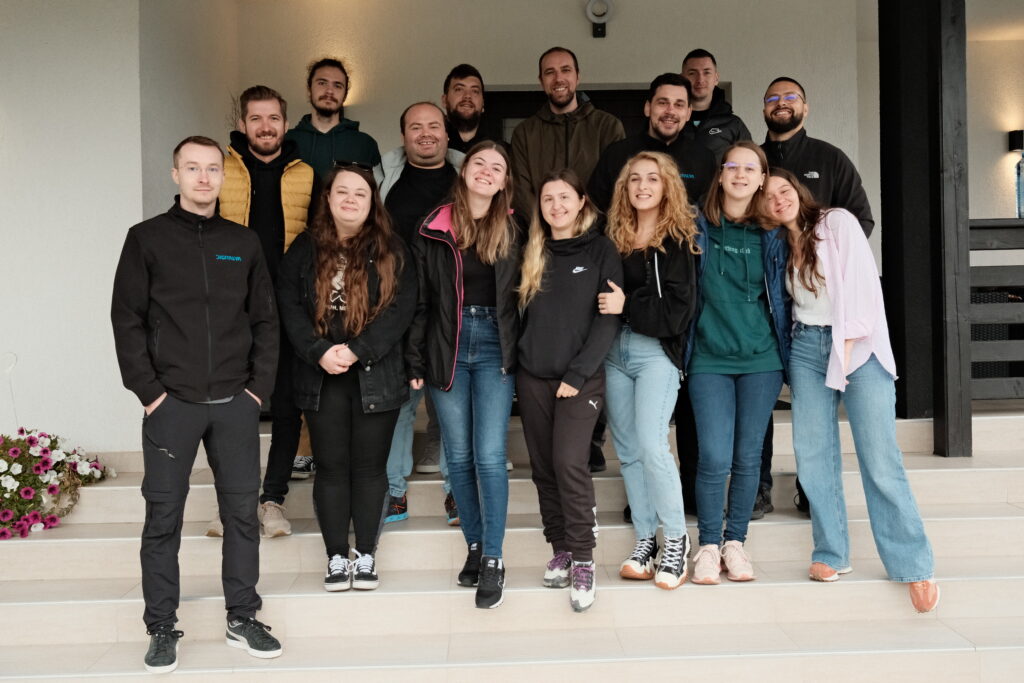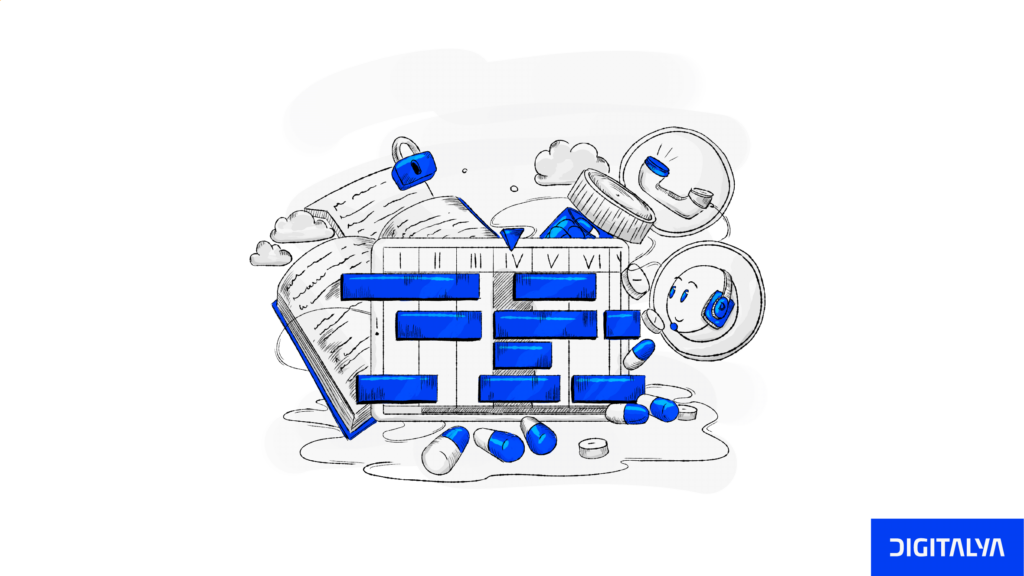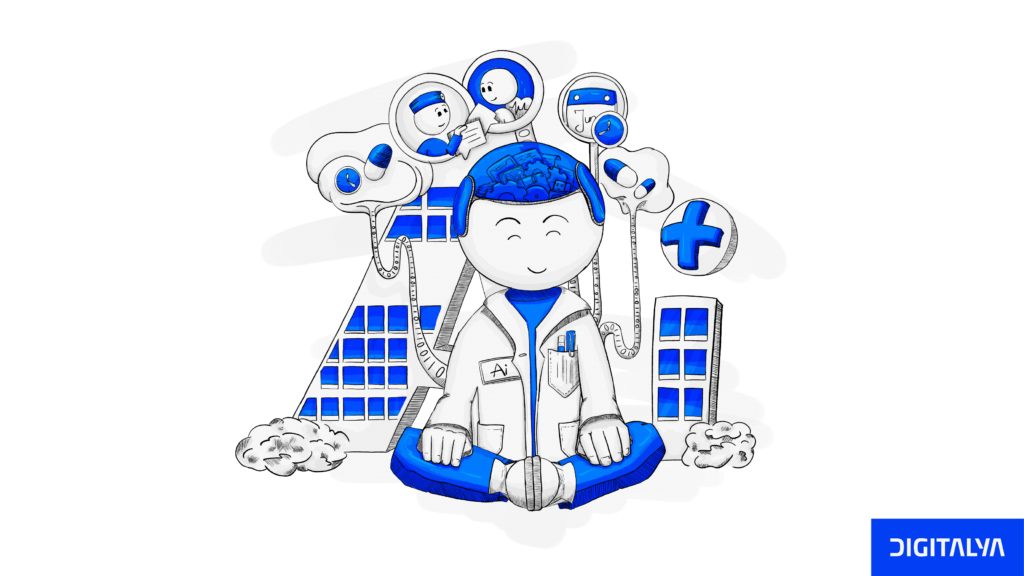Less than a decade ago, Industry 4.0 stole the spotlight at the Hannover Fair in 2011. Now, the rock star of the moment is Industry 5.0. Michael Rada first introduced the term and concept in a LinkedIn Pulse article in 2015. Little did he know at the time that it would catch and change the face of industries. We are yet to see, as it is only the beginning.
Why do manufacturers leave Industry 4.0 behind?
During the seven years since it has been in place, there have been a number of inconveniences associated with I 4.0. Smart Factory is all about efficiency, cost & waste reduction, and increased productivity, and it turns out that these goals are still difficult to achieve due to the:
- complex, expensive software needed to connect the machines and deliver real-time data ;
- complex software requires highly trained people, which adds up to costs;
- automation processes also become complex and require a skilled labor force, which is hard to find;
- complexity of software and processes leads to security leaks;
- lack of capacity to deliver a full overview of the processes.
Industry 5.0 brings some new interesting elements. In less than 2.5 centuries, industrial production went from manpower to mechanical power, electrical, computer, and data power. Now we are about to see the circle closed with the manpower integrated once again.
So what is new about Industry 5.0?
- The humans are back on the production stage; human intelligence will be supported and enhanced by cognitive computing,
- Man and machine no longer compete but collaborate,
- Products and services become better customized and personalized according to the specific needs of the end user.

How does custom-built software support the Industry 5.0 revolution?
While we are still in the midst of Industry 4.0, our minds already shift towards I 5.0. It is a big step forward, which can only be achieved by taking many small, daring steps. Such is custom-built software, which can bring us closer to Industry 5.0. Here’s how:
1. It can help maintain, expand, and improve data collection and analysis
With the huge volume of data being collected, better solutions need to be put in place in order to make production efficient. The challenge is still to avoid complex software and people with specific technical skills. Big data analytics workloads like Cassandra or Hadoop require flexibility and scalability. This can be answered by using solutions like Scala, Elastic Stack, and sharding, which make it easier to handle such large data volumes and get real-time, easy-to-read results.
2. It improves automation workflows already existent within the company
Thinking about a new revolution while the current one is still on the go may be overwhelming. Smart factories already require a lot of investment, and changing the processes and machines is not something any manufacturer looks forward to. Custom-built software can take that worry off their minds and increase efficiency. With the help of containerization and orchestration, a cohesive workflow can be obtained without the need for an entire VM for each app.
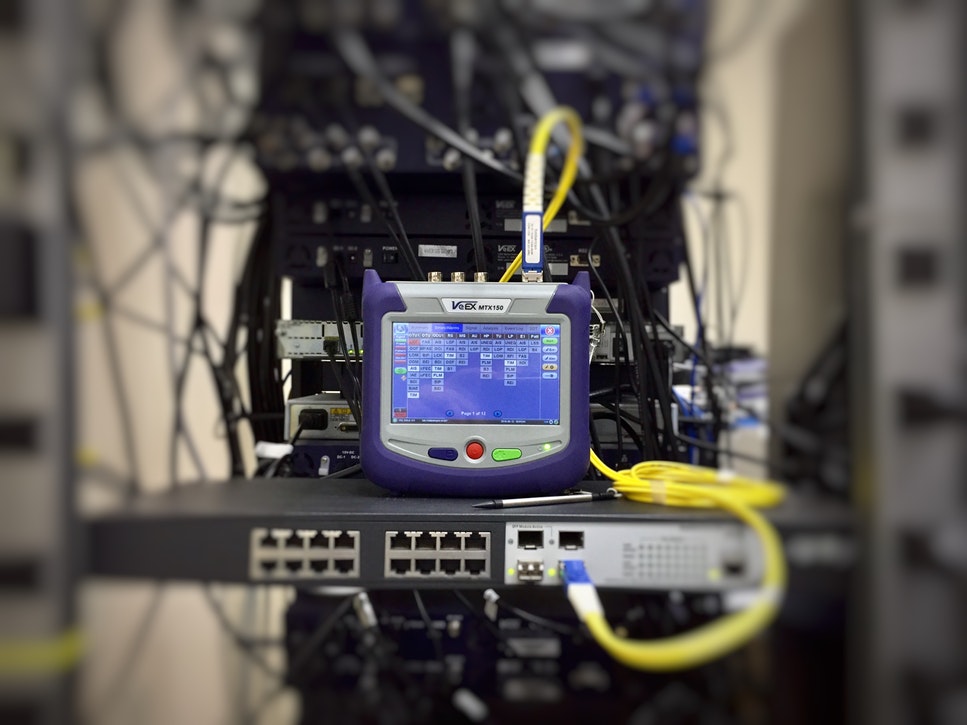
3. It increases customization and personalization options
The cloud architecture and the open-source solutions that are employed make it possible to personalize the use cases without the costs going through the ceiling. Industry 5.0 is about customization and personalization, and having the tool in place just makes the transition easier.
4. Through security assessment
Custom-built software and the use of a VPN can prevent data leaks, a vital concern regarding the number of data sources that connect and collaborate. The policy-based authorization makes it possible for the machines on the production line to adapt their parameters to each operator, which makes the workflow more fluid and efficient.
Industry 5.0 in place
We are still some distance away from truly seeing I 5.0 in place. There are, however, practical implementations that have already set the trend. The ingredients are there: manufacturers already employ cloud-based apps to manage factories. Such is Factory4Future, the software that we developed for small factories.
Universal Robots already build cobots that will work side by side with people, no longer in safety, metal cages. According to an article in Bloomberg, Mercedes already makes more room for people alongside robots on the production line. The aim is to make the most of that “human touch” in what they deliver to their customers. A 2015 study by Accenture shows that 85 % of the interviewed manufacturing executives “expect human-machine-centric environments to be commonplace in their plants by 2020”.
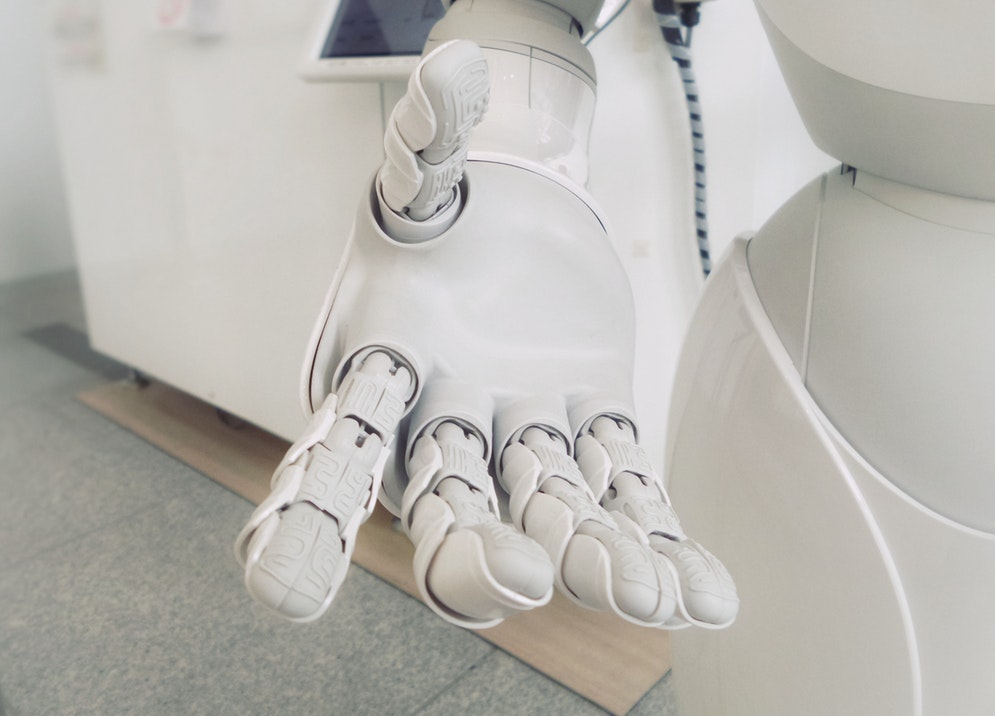
The collaboration between men and machines of Industry 5.0 promises to benefit the people involved in the process and the customers alike. The quality of life will increase, new jobs will appear, and new fields will be developed – reasons enough to get excited about the 5th industrial revolution.
